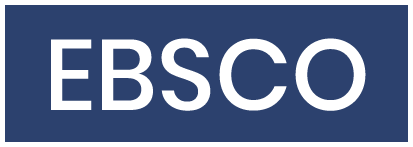Reduced meat consumption: from multicriteria argument modelling to agent-based social simulation
Abstract
A second nutrition transition seems to be emerging towards more plant-based diets, curbing meat consumption in developed countries at the beginning of the 21st century. This shift suggests that rational arguments tend to influence an increasing number of individuals to adopt vegetarian diets. This work aimed to understand and simulate the impact of different types of messages on the choice to change food diets at the individual level, and the impact of the diffusion of opinions at the collective level. It provided two results: (1) a network of arguments around vegetarian diets is modelled using an abstract argumentation approach. Each argument, formalized by a node, was connected with other arguments by arrows, thus formalizing relationships between arguments. This methodology made it possible to formalize an argument network about vegetarian diets and to identify the importance of health arguments compared to ethical or other types of arguments. This methodology also identified key arguments as a result of their high centrality in being challenged or challenging other arguments. The results of constructing this argument network suggested that any controversy surrounding vegetarian diets will be polarized around such high centrality arguments about health. Even though few ethical arguments appeared in our network, the health arguments concerning the necessity or not of animal products for humans were indirectly connected with ethical choices towards vegetarian diets; (2) an agent-based simulation of the social diffusion of opinions and practices concerning meat consumption is then introduced. The purpose of this simulation was to capture the balance of vegetarian vs. meat-based diets. It contributes to modelling consumer choices by exploring the balance between individual values and external influences such as social pressure, communication campaigns and sanitary, environmental or ethical crises.
Keywords
Full Text:
PDFRefbacks
- There are currently no refbacks.










